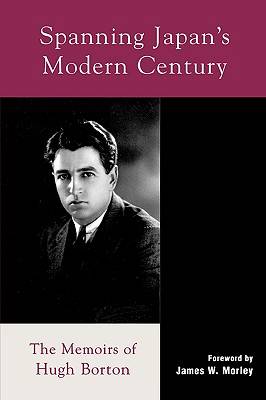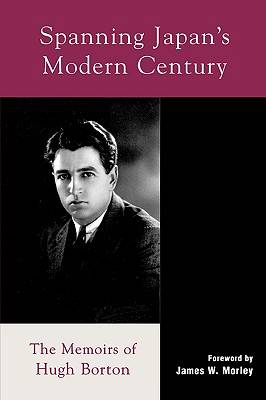
- Afhalen na 1 uur in een winkel met voorraad
- Gratis thuislevering in België vanaf € 30
- Ruim aanbod met 7 miljoen producten
- Afhalen na 1 uur in een winkel met voorraad
- Gratis thuislevering in België vanaf € 30
- Ruim aanbod met 7 miljoen producten
Zoeken
€ 93,45
+ 186 punten
Uitvoering
Omschrijving
In 1942, Hugh Borton, then a 39-year-old assistant professor of Japanese history, was called to serve in the State Department. Here he rose rapidly to become one of the principal architects of United States policy toward post-war Japan. Drawn from Borton's personal papers, this work provides a fresh and intimate picture of the man who played a pivotal role in defining the meaning of unconditional surrender for Japan, retaining the Emperor, and designing Japan's post-war constitution. It sheds new light on the development of the United States' post-war Japanese policy and the often-fractious relationships between the various agencies tasked with its creation and implementation. The author of Japan's Modern Century, director of Columbia University's East Asian Institute, and later president of the Association for Asian Studies, Hugh Borton dedicated his life to strengthening the academic, cultural, and humanitarian ties between Japan and the United States.
Specificaties
Betrokkenen
- Auteur(s):
- Uitgeverij:
Inhoud
- Aantal bladzijden:
- 288
- Taal:
- Engels
- Reeks:
Eigenschappen
- Productcode (EAN):
- 9780739103920
- Verschijningsdatum:
- 2/10/2002
- Uitvoering:
- Paperback
- Formaat:
- Trade paperback (VS)
- Afmetingen:
- 155 mm x 233 mm
- Gewicht:
- 435 g

Alleen bij Standaard Boekhandel
+ 186 punten op je klantenkaart van Standaard Boekhandel
Beoordelingen
We publiceren alleen reviews die voldoen aan de voorwaarden voor reviews. Bekijk onze voorwaarden voor reviews.











